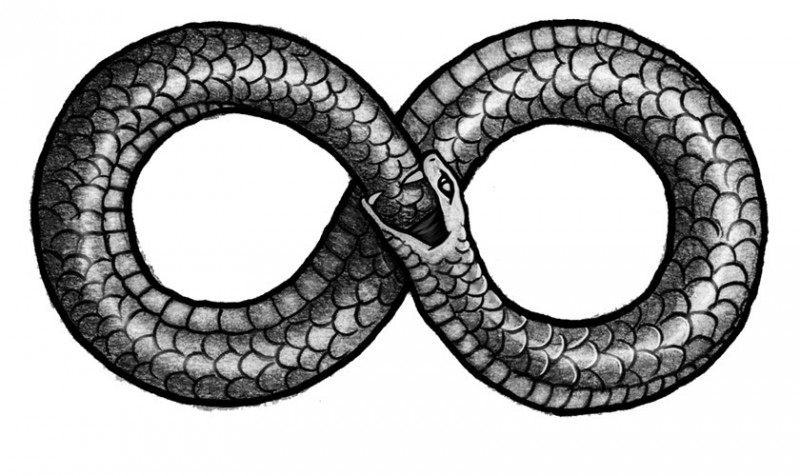A vegan diet may be an effective life-extension strategy, allowing the (disciplined) subject to reap some of the benefits of calorie restriction (CR) — via methionine restriction, which may trigger the same biochemical responses. McCarty et al.:
The low-methionine content of vegan diets may make methionine restriction feasible as a life extension strategy
Recent studies confirm that dietary methionine restriction increases both mean and maximal lifespan in rats and mice, achieving “aging retardant” effects very similar to those of caloric restriction, including a suppression of mitochondrial superoxide generation. Although voluntary caloric restriction is never likely to gain much popularity as a pro-longevity strategy for humans, it may be more feasible to achieve moderate methionine restriction, in light of the fact that vegan diets tend to be relatively low in this amino acid. Plant proteins – especially those derived from legumes or nuts – tend to be lower in methionine than animal proteins. Furthermore, the total protein content of vegan diets, as a function of calorie content, tends to be lower than that of omnivore diets, and plant protein has somewhat lower bioavailability than animal protein. Whole-food vegan diets that moderate bean and soy intake, while including ample amounts of fruit and wine or beer, can be quite low in methionine, while supplying abundant nutrition for health (assuming concurrent B12 supplementation). Furthermore, low-fat vegan diets, coupled with exercise training, can be expected to promote longevity by decreasing systemic levels of insulin and free IGF-I; the latter effect would be amplified by methionine restriction – though it is not clear whether IGF-I down-regulation is the sole basis for the impact of low-methionine diets on longevity in rodents.
OK, so, some good points about the insulin/IGF-I benefits, and the nutritional scholarship here is unimpeachable. I suspect that the authors’ hypothesis is true.
Note, however, the underlined passage (emphasis is mine). I agree that it will be difficult to the point of impossibility to convince large swathes of the population to restrict their caloric intake; this is why I’m more enthusiastic about CR mimetics. But I’m slain by the implication that a culture that couldn’t ever be sold on calorie restriction would be more likely to give up meat, fish, eggs, milk, cheese, butter and honey — all the while carefully monitoring their protein and vitamin intake — in order to reap some of the advertised benefits of CR.
Might not make you live longer, but it would sure seem longer…

We already know that vegans don’t live any longer than omnivores — in fact, the marginally longest-lived appear to be ovolacto, and eggs have TONS of methionine.
I posted some analysis on the claims on methionine restriction and related matters here:
http://www.mfoundation.org/forums/showpost.php?p=4037&postcount=11
Great post Chris! I am very intrigued by this topic- initially I thought it was ridiculous that dietary restriction of the amino acid present in every protein could mimic the effects seen with CR- but as I read more I am beginning to see that this research may provide additional insight into understanding how CR slows the aging process.
I also doubt that a vegan lifestyle would be more easily embraced (than CR) by Americans.
Thanks! 🙂
Off-topic, Chris, but are you planning any discussion on the passing of Paola Timiras – being outside of the field I had not known quite how much she contributed early on.
I actually hadn’t heard she’d died until you asked, so no, I wasn’t planning to discuss it.
I didn’t know Paola well, though I know she was a close colleague of my current advisor, Judy Campisi. I would direct those who want to know more about her life to her Wikipedia entry.
I don’t know if a vegan diet is much easier to follow than a calorie restricted diet.
Michael, I was wondering if you could point me to where you get your ovolacto statistic. I would be interesting in reading up on that topic.
Thanks
Liz: Please read my MF Forum post for a countervailing view …
Tyler: A few carefully-controlled studies have found that vegetarians broadly have lower mortality than the general population, but that it is similar to other health-conscious individuals. Either individually or pooled, they have also found that vegetarians may enjoy a very small (NS) reduction in total mortality relative to health-conscious omnivores, along with a significant reduction in death from heart disease; when broken down, this seems strongest for ovolactos and to “occasional” (usually defined as ~once/month) meat eaters in particular:
http://www.ajcn.org/cgi/content/full/78/3/533S
http://www.ajcn.org/cgi/content/full/70/3/516S
http://www.ncbi.nlm.nih.gov/pubmed/10555529
http://cebp.aacrjournals.org/cgi/content/full/14/4/963
(And Cf:
http://www.ajcn.org/cgi/content/full/78/3/526S
I am not a vegetarian and more familiar with CR and every-other-day fasting, but at a gut level (pun intended) I would think various versions of a vegetarian diet would be easier to follow than CR because at least (for most people) you would not be feeling like your are constantly hungry.
But an added note is I don’ think you have to treat this as all or nothing. One could follow these various ‘healthy’ diets most of the time and hopefully get a benefit (better than never doing it).
self plug
you could see: http://brainhealthhacks.com/2008/09/22/in-defence-of-vegetariansim-by-a-non-vegetarian/
ignore formatting errors
Thanks Michael for the references, I will have to check them out.
brainhealthhacks.com
[…] reduce their protein levels to the same level and found IGF-1 levels were reduced. Interestingly, Ouroboros recently covered the potential use of vegetarian diet instead of CR because it might be easier to […]